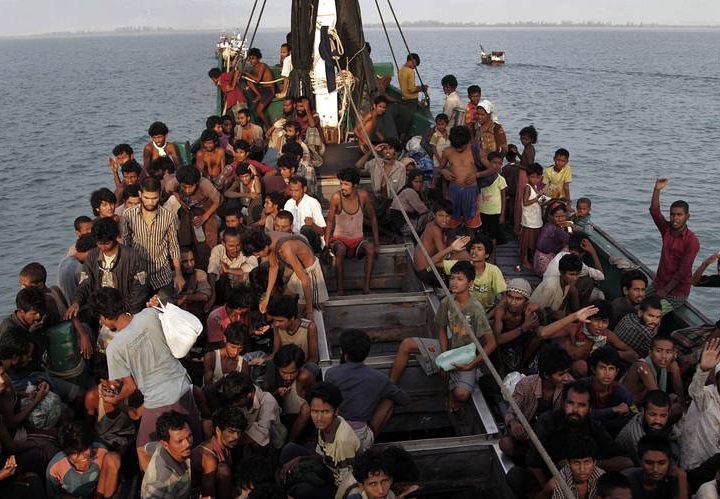World Autism Awareness Day Should NOT Be Celebrated
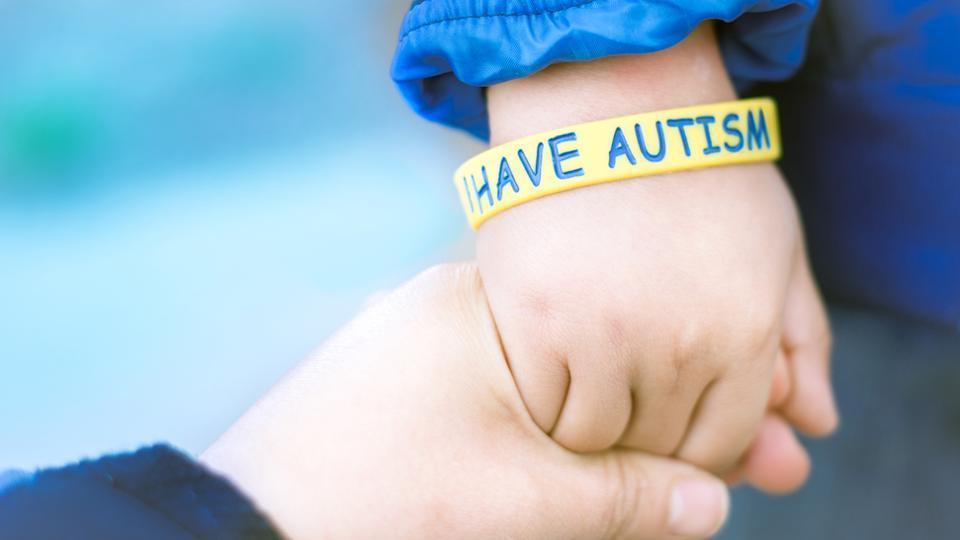 Thirsty for JUICE content? Quench your cravings on our Instagram, TikTok and WhatsApp
Thirsty for JUICE content? Quench your cravings on our Instagram, TikTok and WhatsApp
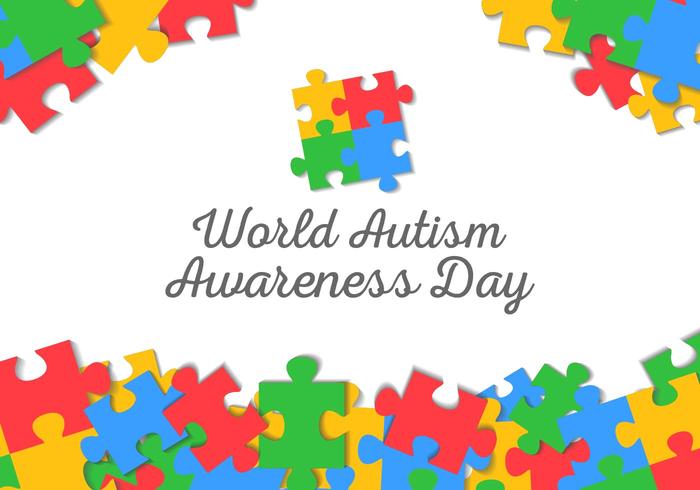
Today is World Autism Awareness day. On every 2 April for the past 12 years, the world acknowledges this event by donning the designated colour which is blue. Joined by communities, landmarks, homes and individuals, this day has been celebrated collectively through events and educational activities purposed for increasing awareness regarding the disease.

A day painted blue with balloons and confetti can seem to invoke a joyous tone as well as invite celebration. But is autism a cause for celebration?
This also begs the question, are awareness campaigns effective when it simply requires you to flaunt something blue or decorate buildings with blue fairy lights? Is this impactful or is this simply trivial and frivolous? For young mothers who have autistic children, it is the latter.

Before we proceed, it is crucial to know exactly what autism is. According to The National Autism Society of Malaysia,
“Autism is a complex developmental disability that typically appears during the first three years of life due to a neurological disorder that affects the functioning of the brain.”
Symptoms range from abnormal body posture or facial expressions, behavioural disturbances, delay in learning to speak, lack of empathy or social cues and self-abuse.
Author, Kim Stagliano, wrote an extensive piece (as well as two books) about the hardships that come with raising autistic children. In her article, she mentions how Autism Awareness Month is not only pointless but offensive as well. She holds the torch for inciting an Autism Action Month rather than just awareness. And to be completely honest, she has a point.
Time and time again, the media exploits the trials and tribulations of others and dilutes it so we, as consumers of said media, are able to digest it without having to chew on it. Spoon-fed and oblivious, society has a high proclivity of boasting about how much they know something without having truly experiencing it. For a reality-check, this is how much it costs to raise an autistic child in Malaysia:
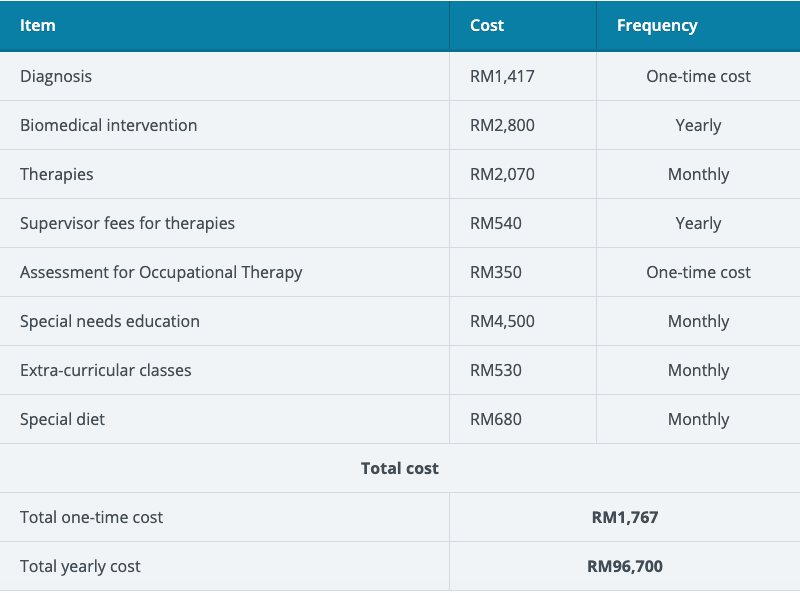
To further illustrate, the Light It Up Blue campaign, created by Autism Speaks, on the surface appears to be a fantastic way of showcasing autism and increasing awareness. However, when thoroughly researched, the Light It Up Blue campaign is meretricious and is highly opposed by the autism community.
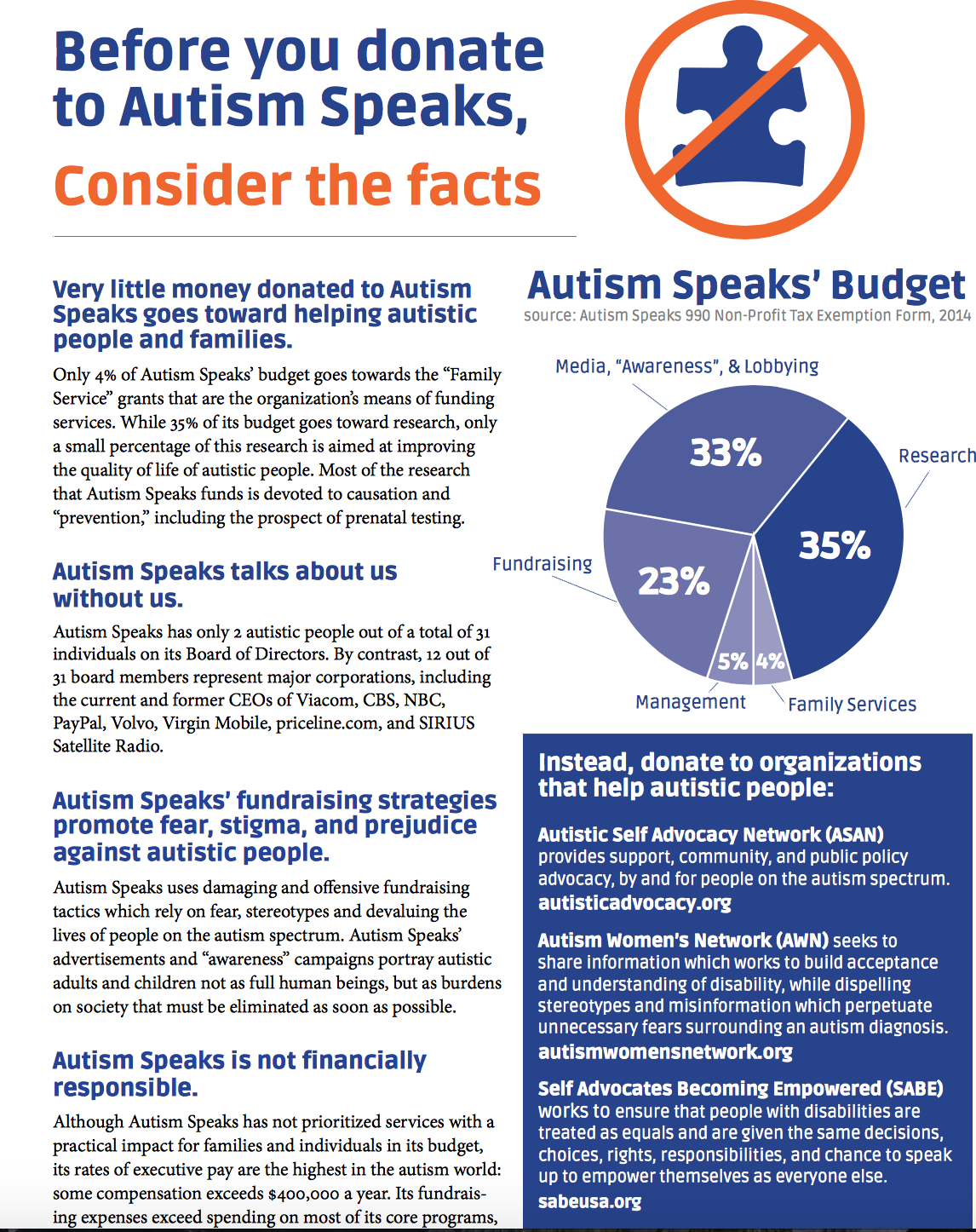
The reason as to why people with autism and people who have loved ones who are autistic are against the international campaign is because of how deceptive it is as well as how it perpetuates the trend of exploiting a situation for your own benefit. Light It Up Blue has been infamously hailed as a marketing scheme that has little to do with actually helping those with autism.
Of course, when your main objective is publicity, selling of merchandise and exterminating autism, it does not make your cause look rather appealing.

Instead of buying a shirt you’ll only wear once (to show you’re woke) and posting a blue picture on your IG story and following it up with successive posts of you at the club, how about incorporating your knowledge and feeding it by involving yourself in actual organisations that are striving to make a difference?
Here are some simple ways to rise above the sanctimonious and frankly futile methods of the Light It Up Blue campaign…
Donate your money, not your tweets

In Malaysia alone, there are numerous reliable organisations who devote their time to the improvement and well-being of autistic children and adults. Most of these organisations are not as well-known because they refrain from major marketing schemes. This is a double-edged sword because while they receive donations from dedicated individuals who are passionate about the cause, the amount of donations they garner are less than satisfactory because they did not permeate a larger audience. Therefore, it is important to raise awareness for the organisations that matter.
Spend the day by volunteering
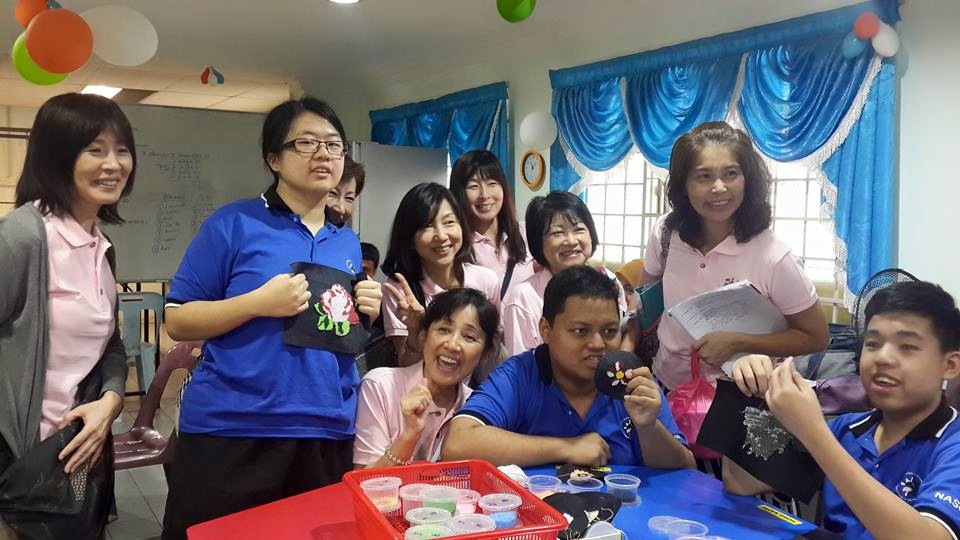
Located in Ara Damansara, Petaling Jaya and Setia Alam, Shah Alam, the National Autism Society of Malaysia is easily accessible to Selangor folks. Their activities are diverse and designed to bring forth the talents and potential of children with autism. Not only will this encourage growth in the children, but it will also help with their communication skills by exposing them to more people. The process is fuss-free. Just visit the NASOM website and fill in your contact information along with a concise message on why you would like to volunteer.
Be proactive

Children with autism are not just found at remote organisations. In reality, they are everywhere and in need of your help and compassion.
To add a personal anecdote, my nephew has autism and due to lack of exposure and education in the public, he was abused to the point of trauma at a kindergarten. This all transpired because he displayed behaviour that was considered out of the ‘norm’ by rubbing his face on his friends as a sign of affection. As mentioned before, children with autism have different mannerisms and it is our job to recognise them.
By being proactive, situations like the one involving my nephew will be hindered in replacement of more understanding and compassionate responses.
Being proactive can be done in a myriad of ways that may seem minuscule but pack a huge punch. The simplest action is just smiling. Children with autism are hypersensitive and usually anxious, so exuding positive energy can help them feel comfortable in otherwise tense situations. Who would’ve known that by merely smiling it can catalyse a chain reaction in the direction of a more accepting society?
So, the next time you think of wearing a blue wristband out of solidarity, be mindful of your actions and ask yourself, “Am I doing this for me or for them?”
To donate to the National Autism Society of Malaysia, click here.


 Get Audio+
Get Audio+ Hot FM
Hot FM Kool 101
Kool 101 Eight FM
Eight FM Fly FM
Fly FM Molek FM
Molek FM
